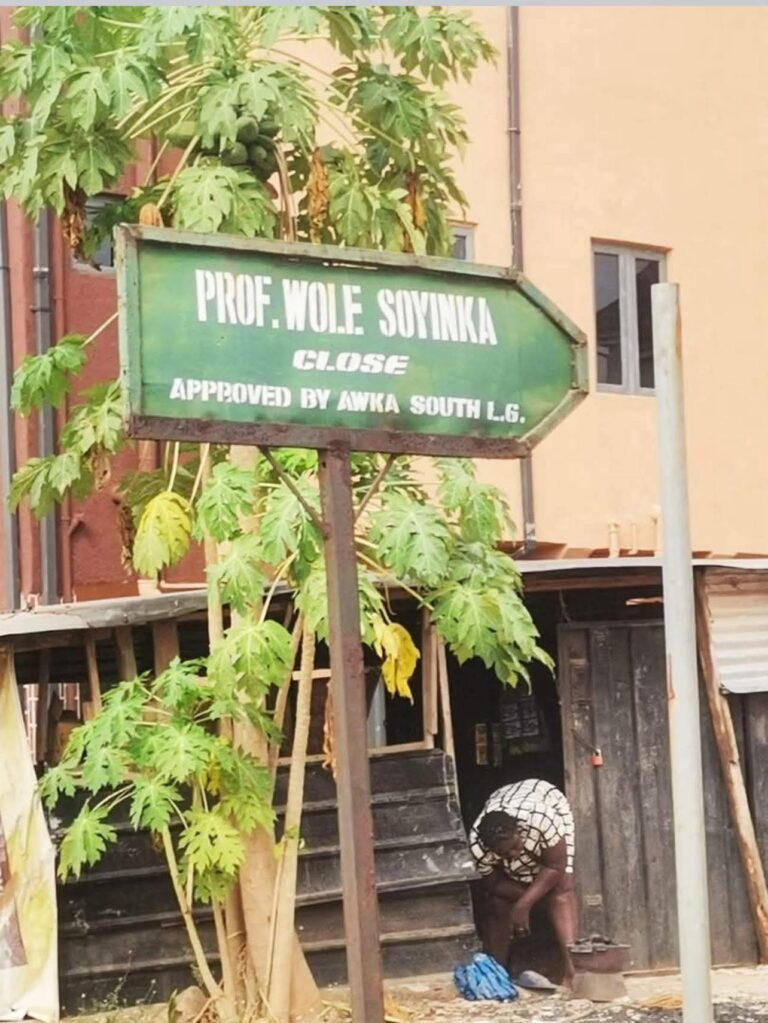The Lagos State Government’s decision to rename the iconic Charly Boy Bus Stop in Bariga, Gbagada, to Baddo Bus Stop in honour of rapper Olamide Adedeji has ignited intense debate on social media and in public discourse, with critics warning of ethnic and political undertones.
Originally named by residents after Charles Oputa popularly known as Charly Boy, the bus stop carries deep sentimental and historical significance for the Bariga community. In response to the renaming, Charly Boy dismissed the move as superficial, declaring:
“You can rename a place, but you can’t rename a legacy… You can replace the signboard, but you can’t erase the spirit.”
Human rights lawyer and Senior Advocate of Nigeria, Femi Falana (SAN), condemned the renaming as unlawful and ethnically motivated, calling it a violation of constitutional processes and local government authority. He argued that the act amounted to erasure of cultural memory and disregarded longstanding community recognition.
Similarly, Omoyele Sowore, former presidential candidate and activist, described the renaming as “politically and ethnically motivated.” He linked the action to broader patterns of sidelining non-indigenous presence in Lagos and silencing dissenting voices. For Sowore, the gesture was less about urban renewal and more about political loyalty signaling.
On X (formerly Twitter), commentators argued that the name “Charly Boy Bus Stop” had become embedded in everyday language and identity, and that attempts to rename it would likely remain futile. One user captured the mood succinctly:
“Charley Boy Bus Stop represents a legacy that cannot be erased.”
Critics like Falana and Sowore argue that these acts signal a worrying trend of cultural revisionism, where public symbols tied to minority identities are being quietly overwritten.

